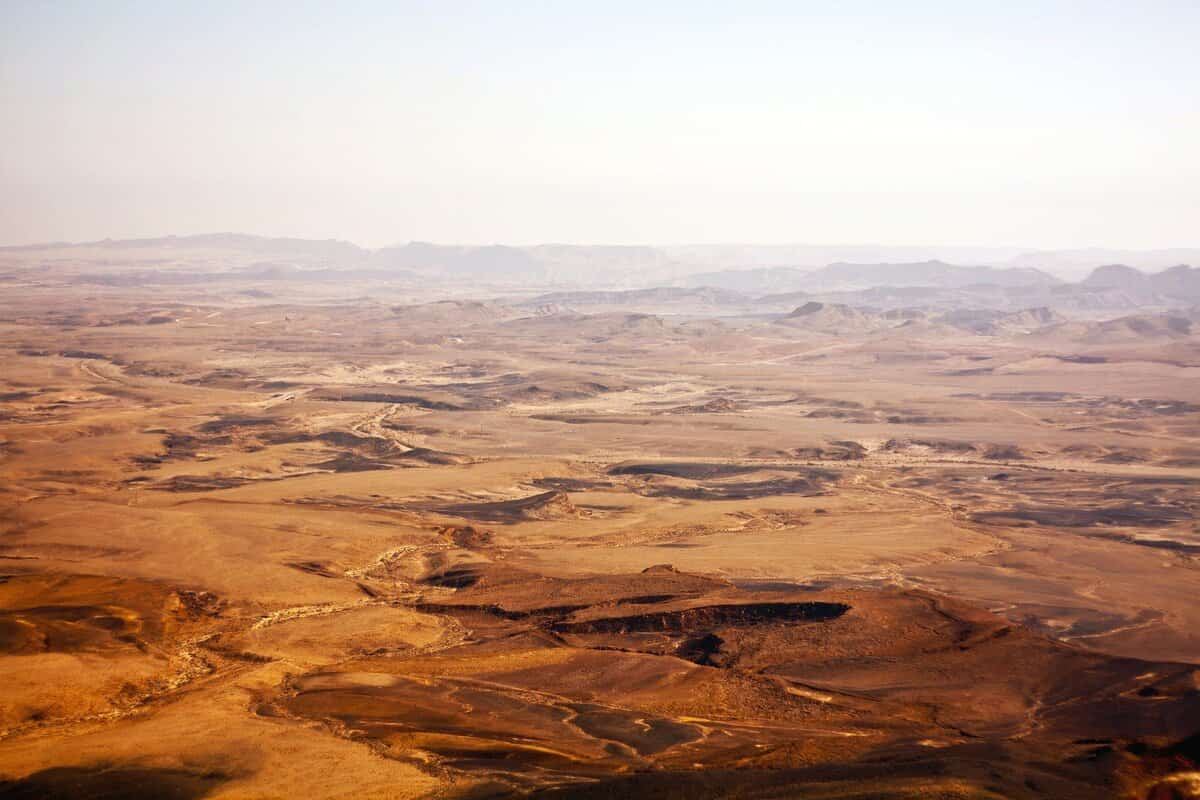
We live in a modern world and are surrounded by the benefits of civilization that simplify our lives. This has already become a habit and is quite normal, but only until the exact moment when something happens. In this situation, possessing relevant survival skills is crucial.
It might not necessarily be a total disaster. The hurricane, flood, or even just getting lost in the forest will be enough. There are quite standard survival skills that we strongly advise you to master. However, we hope that they will never come in handy for you.
Next, we tried to collect basic survival skills. We have already talked about some of them in detail earlier. It would also be very useful not just to read and memorize all this, but also to check in practice, to train to understand all the subtleties, and bring some actions to automatism.
Water
One of the most important conditions for human survival is the availability of water. You can stretch out for a week or two without food, or you can hide in some kind of hut or under a fallen tree, but there is no way to survive without water. A person can live without it for about two days. Under the conditions of the scorching sun, the time can be reduced to several hours.
Therefore, this survival skill is practically the most important. There are no universal methods for extracting water, but there are some close to them.
If you are in a hilly area, remember that water will always flow down to the foothills or mountains. It will be a good idea to look for water in cracks or crevices. Beware of standing water. Standing water, as a rule, is simply teeming with parasites and contagion.
Boiling water is the easiest and most affordable way to disinfect.
Also, it is nice to have tablets for water purification or filters, quite a lot of which are being sold now. The main thing to remember is to avoid drinking raw water without prior cleaning or disinfecting it.
Fire
The second most important skill, after finding a source of water, is making fire. This survival skill includes not only making a fire but also maintaining it. It will provide you with warmth, allow you to boil water, cook food, and give a distress signal.
Fire also repels predators quite well, especially if you are somewhere in the forest. Ideally, it would be good to have a lighter or matches with you so that making a fire does not cause any special problems. However, in case you do not have any matches or lighters, you should master the skill of making fire with your bare hands.
It does not matter how well you learn to make a fire with friction, a magnifying glass, a flint, and even matches, if your fuel for a fire is wet. Do not rush to break branches on living trees, especially with green leaves; instead, look for a dry tree or collect dry branches from the ground.
Matches, lighters, and friction are not the only ways to get fire. For example, if you have glasses with you, they can be used to focus sunlight and make fire.
Shelter
If you get lost in the forest and there is a possibility that within a day you will come out to civilization, then shelter is not particularly required. However, if there is a prospect of being somewhere far away from people, a temporary shelter will definitely be needed, as protection from rain, cold, fog, or snow. The method of arranging a temporary shelter strongly depends on what surrounds you at the moment – steppe, desert, forest, etc.
Canopy, perhaps, is the simplest and most affordable shelter option. For the construction, natural support is needed – a tree, a fallen tree, a wall of a building, a rock, etc. You can also build a canopy as a freestanding structure by making supports on which you then lay the roof.
Try to make a shelter on high ground and away from water, because, with heavy rains or floods, you will simply be washed away. Also, carefully inspect the territory for the presence of wild animal droppings, so as not to build your shelter on a busy predator trail. Well, in general, choose a stable and dry site for building a temporary shelter.
Directions
The next important survival skill is the ability to navigate, use a compass, and read a map. Let’s imagine a simple situation: you got lost in the forest, or your car stalled somewhere far from civilization. What to do next?
First of all, find a high point. It does not always help, but at least, from a hill, a mountain, or a tall tree, you can look around and at least roughly understand where you are. Also, you can see civilization and people, and move in their direction.
No matter where you are on the globe, the sun will always move from east to west. The reference point is not ideal, but it is better than nothing. Put the stick into the ground and make a mark where the shadow ends. Wait a while and make another mark. The direction of movement of the shadow approximately shows the direction to the east.
If you find a river and follow along the watercourse, there is a high probability that you will go out to people.
Use a compass if you have one. Of course, if you have a map and you are well guided by it and by the compass, then it will not be difficult for you to understand where you are and where you should go. The main advantage of the compass is that it will continue to work when all your GPS navigators have discharged their batteries.
These were the most important survival skills. Practice and stay safe!




